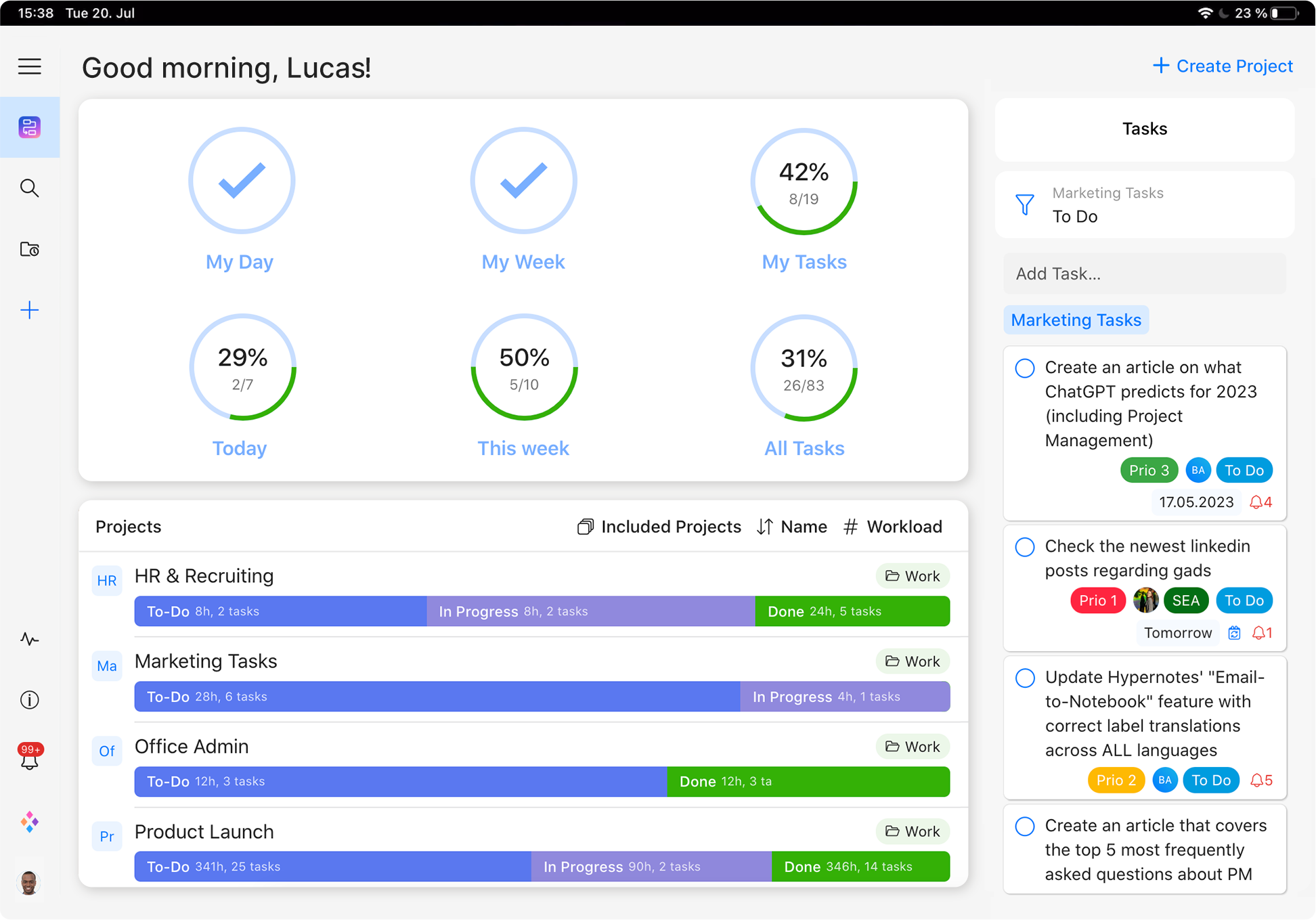5 Lessons We Can Learn About Self-Control
How to fully grasp the idea of what it is, how it works, and why it matters

Conventional wisdom asserts that the secret to success comes down to the amount of self-control you possess. Whether it’s to do with your health, wealth, or happiness, it is commonly believed that the more self-control you have, the higher your chances are of leading a happier and healthier life compared to those who don’t.
But what exactly is self-control and how does it work?
In this article, we’ll discuss what self-control is, the power it can have, and other notable factors that are outlined in Kelly McGonigal’s book, The Willpower Instinct: How Self-Control Works, Why It Matters, and What You Can Do to Get More of It.

What Is Self-Control?
You know that feeling when your alarm goes off at 6 am on a Monday and instead of getting up and going to work you’d rather stay in bed and continue sleeping, but then you realize that if you don’t go to work, you could be putting your job at risk, and if you lose your job you’ll no longer be able to pay the bills and you may get evicted, so you drag yourself out of bed and head into the office? That, ladies and gentlemen, is self-control.
Having self-control is what enables you to overcome impulses, temptation and emotions, as well as regulate your behaviour, in order to attain long-term goals. Established in the prefrontal cortex, it’s the reason why you’re able to consider alternative actions and keep away from things you may later regret, instead of responding to every urge that comes up. The ability to exercise self-control is known as willpower.
The Power of Willpower
Along with discipline, determination, and fortitude, willpower is regarded as a form of self-control. It’s what you apply when you decide to not eat a second serving of dinner despite the meal being incredibly appetizing or when you forgo the cigarette your friend has offered you because you made the decision to quit two weeks ago.
Dr. Kelly McGonigal describes willpower as the mind-body response that can influence all areas of your life, from physical health to relationships, to professional and educational success. A health psychologist and lecturer at Stanford University, she wrote the international bestselling book, The Willpower Instinct: How Self-Control Works, Why It Matters, and What You Can Do to Get More of It.
Her book discusses self-control and willpower in detail, and their impact based on research and cutting-edge insights from psychology, economics, neuroscience, and medicine. It gives readers an understanding of the various facets of self-control and how it can be used to their benefit.
5 Lessons We Can Learn About Self-Control from “The Willpower Instinct”
1. Without self-awareness, self-control is useless
The first lesson we can learn about self-control from The Willpower Instinct is that a pivotal aspect of making a self-control system work is self-awareness. We should have the capacity to recognize what we’re doing while we’re doing it and comprehend why we’re doing it.
The ability to do so can help us anticipate what our likely actions would be before we actually do them, giving us enough time to reassess our options should we need to.
Imagine you were trying to save money for a vacation in Hawaii. By being aware of your goal you could prevent yourself from spending money on things you don’t need and instead put it towards your savings. Having self-awareness can make you more conscious of your finances and stop you from spending your money frivolously.
2. Self-control is like a muscle
The science behind willpower suggests that we only possess a limited amount of self-control and that it comes from a singular source of strength. That means that if you exert too much of it, you can become defenceless and disadvantaged against other impulses and areas of temptation.
“Because every act of willpower depletes willpower, using self-control can lead to losing control.”
In her book, Dr. McGonigal explains how Roy Baumeister, a psychologist at Florida State University, was one of the first to come to the conclusion of self-control comes from a singular source. His research and observations found that people who resisted sweets were more likely to procrastinate and people trying to control their emotions made them more eager to spend their money on things they didn’t need.
So, like a muscle, if you use your willpower too frequently without rest, it too will tire out. This can prove to be detrimental as you may find yourself losing control and giving in to temptation.

3. Our future selves = Our present selves
We always think of our future selves as having more time, more energy, and more willpower to do the things our present selves don’t want to do. That’s why we’re perfectly okay with skipping the gym today as we feel our future selves will just work out twice as hard tomorrow.
The reason for this, explains Dr. McGonigal, is because many of us have the misjudgement where we think of our future selves as different people from our present selves. It’s the reason why although the decisions we make now may have a heavier impact on our future selves if it alleviates us from stress today, we are still inclined to go along with it.
Of course, all of this would be fine if our future selves would behave accordingly, however, the reality isn’t likely. This ideal future self that’s supposed to have more drive and dedication rarely comes to fruition. The stress and lack of motivation we feel today is probably going to be the same feelings our future self will also feel when it’s time to do the task. Therefore, instead of putting off something that seems too arduous to do today, tap into that self-control and do it today. Your future self will thank you for it!
4. You can catch self-control
Like the common cold or yawning, willpower is contagious. The book includes research that has demonstrated how easy it can be to be influenced by someone else’s behaviour in a way that can alter yours. This means that if you surround yourself with people who have the ability to go against their impulses without a hitch, then the chances of your self-control improving are promising.
Bear in mind that the effect works in both ways. This means if you see someone who lacks self-control and gives in to their urges, then you may find yours declining as well. An interesting finding by researchers at the University of Groningen is that sometimes you don’t even need to see people in the act of giving in to their impulses, that seeing evidence is enough for their actions to pass on to us.
So, in order to keep up the momentum and achieve your long-term goal, it’s best to stick with people who exert the same degree of self-control—if not better—like you.
5. The more you resist something, the more likely you are to do it
The Willpower Instinct discusses Daniel Wegner’s theory of ‘Ironic Rebound’ to explain why a thought comes back to us, despite pushing it away and how that can affect our feeling of self-control.
Daniel Wegner was a psychology professor at Harvard University who discovered that the more we attempted to suppress a thought, the more it will backfire and come back. Like when you try so hard to fall asleep but end up more awake, or when you try to get a catchy song out of your head but it won’t go away.
The solution? Don’t attempt to suppress your thoughts. Let yourself think the thought and embrace it. Just remember that although you’ve allowed yourself to think about it, it doesn’t mean you have to act on it. Exercise your self-control and ensure you don’t follow through, i.e. think about dessert, just make sure you don’t eat it!

How to Strengthen Self-Control
Self-control can play an imperative role in transforming your life for the better. In fact, research has found that many people cite a lack of self-control as the number one barrier to change. So, to ensure you aren’t hindering your chances, here are some tips on how you can strengthen your self-control:
- Set a clear goal: having a vague objective gives you a higher chance of failure. Be as specific as possible, so instead of “lose weight”, set your goal as “lose 5kg by cutting out dessert and sweets.”
- Focus on one goal: having more than one goal can increase your chances of willpower depletion which can cause you to not reach any goal at all. Prioritize and stick to one goal at a time.
- Monitor progress: by tracking your progress you are keeping an eye on the actions that take you closer to achieving your goal.
- Plan ahead: planning in advance and knowing what to do in case you fall into temptation will give you a better chance of improving your willpower.

Plan your every day life and monitor everything.
Sign up for free today!
- Practise self-control exercises: if you continue to regularly exert self-control practices, you will find that, like a muscle, it will grow stronger and stronger. The Willpower Instinct includes practical strategies called “Willpower Experiments” that you can use to strengthen your self-control.
Final Thoughts
Self-control is something that doesn’t come naturally to many of us, but understanding what it is and how it works is key to strengthening it and improving our tendencies and behaviour. Dr. Kelly McGonigal’s The Willpower Instinct: How Self-Control Works, Why It Matters, and What You Can Do to Get More of It offers readers insight into how you can fully grasp the concept to help you get closer to attaining your long-term goals.
Have you exercised self-control recently? Share your experiences in the comment section below.
Cheers,
Dinnie and the Zenkit Team
FREE 20 MIN. CONSULTATION WITH A PROJECT MANAGEMENT EXPERT
Wanna see how to simplify your workflow with Zenkit in less than a day?
Book a Live Demo